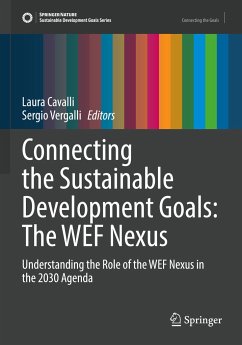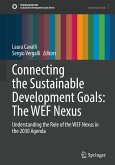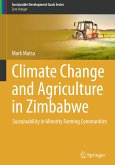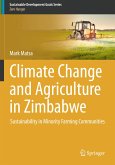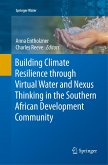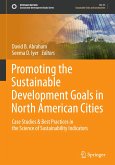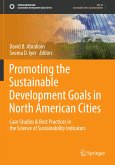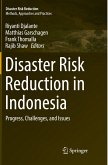This contributed volume offers a state-of-the-art, holistic overview of the employment of a Water-Energy-Food (WEF) Nexus approach to implement the seventeen United Nations Sustainable Development Goals (SDGs), with a geographical focus on applications in different African regions. The book is divided into three sections, each composed of several chapters contributed by experts in their respective fields.
Section I introduces the WEF Nexus and its role in the achievement of the 2030 Agenda and the SDGs. It highlights the attempt to connect different spheres of sustainability thanks to the Nexus, taking advantage of the existing interlinkages and interconnections among the Goals. Section II proposes a multi-scale and multi-stakeholder approach to various aspects of the Nexus and reviews existing quantitative tools. This section focuses on the issue of resource control and development aims and spotlights how Nexus dynamics influence the achievement of the SDGs as awhole. Section III applies the WEF Nexus to different African regions, which are balancing a rising population and an economic boom with severe vulnerability in the face of climate change.
Chapter "Review of the Economic Impact of Water Availability on Food Security and the Related Ecosystems" is available open access under a Creative Commons Attribution 4.0 International License via link.springer.com.
Section I introduces the WEF Nexus and its role in the achievement of the 2030 Agenda and the SDGs. It highlights the attempt to connect different spheres of sustainability thanks to the Nexus, taking advantage of the existing interlinkages and interconnections among the Goals. Section II proposes a multi-scale and multi-stakeholder approach to various aspects of the Nexus and reviews existing quantitative tools. This section focuses on the issue of resource control and development aims and spotlights how Nexus dynamics influence the achievement of the SDGs as awhole. Section III applies the WEF Nexus to different African regions, which are balancing a rising population and an economic boom with severe vulnerability in the face of climate change.
Chapter "Review of the Economic Impact of Water Availability on Food Security and the Related Ecosystems" is available open access under a Creative Commons Attribution 4.0 International License via link.springer.com.

